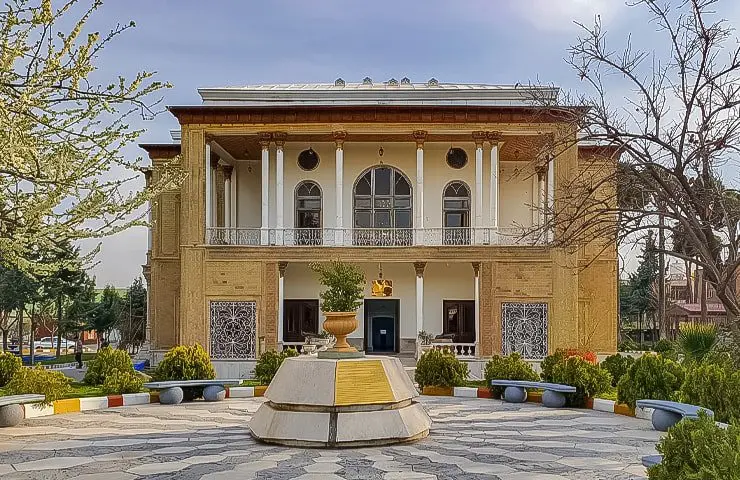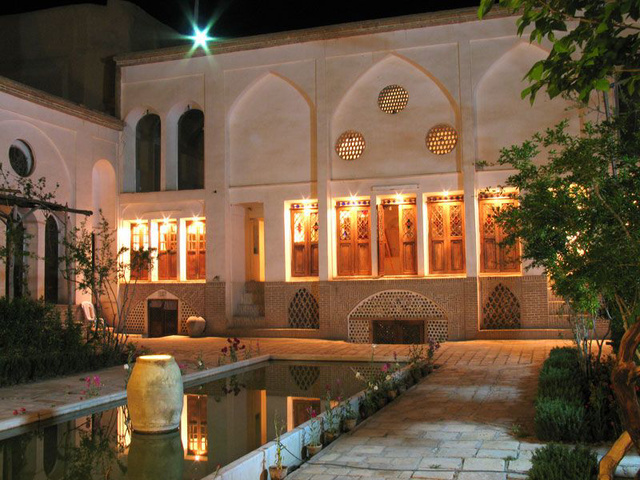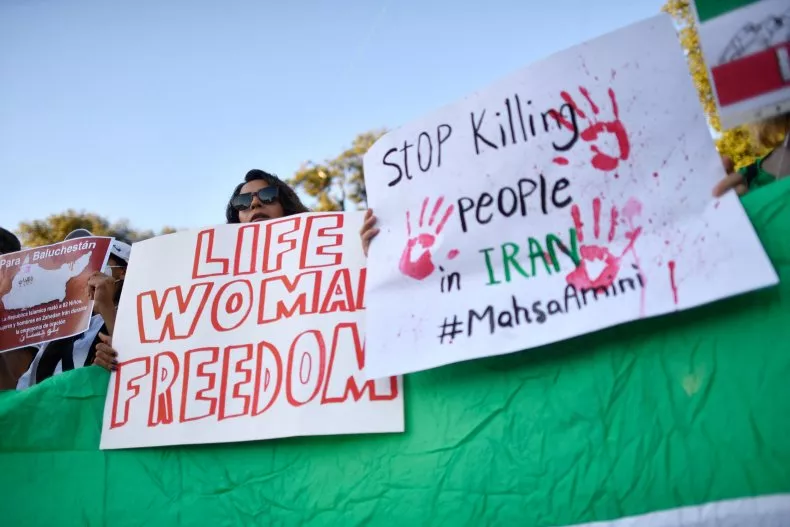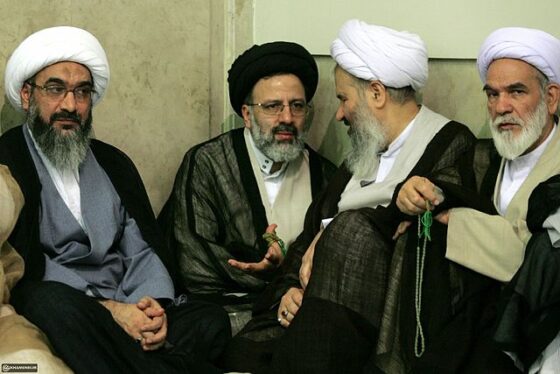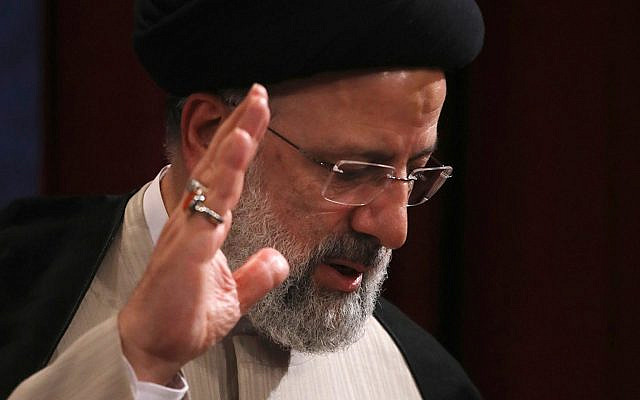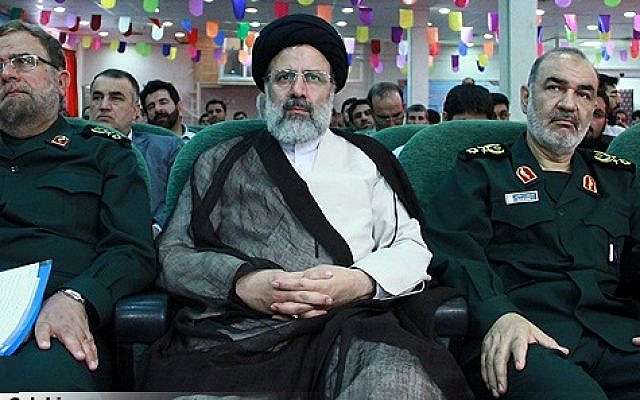Iran is secretly moving missiles into Iraq, U.S. officials say
Published on: 2019-12-05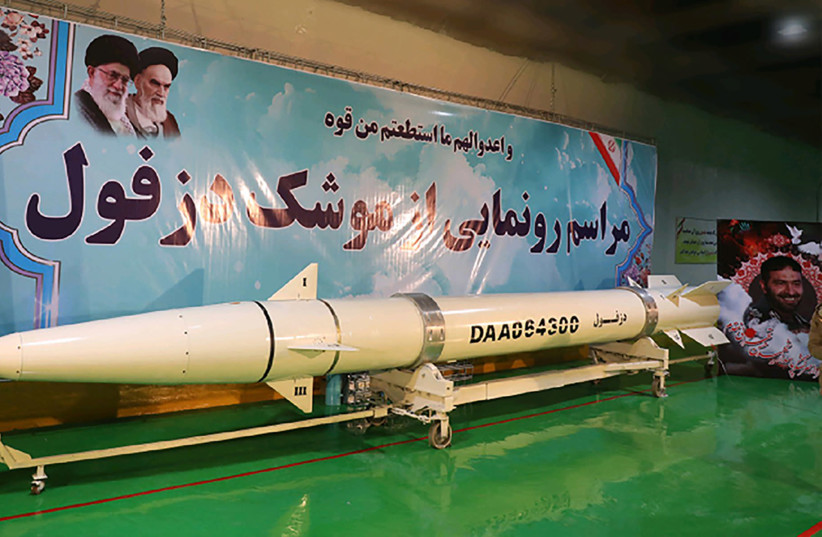
Iran has been transferring missiles and munitions via Iraq for years, including short-range ballistic missiles. The latest reports on Thursday come almost a year and a half after reports that similar missiles had been sent to Iranian-backed Shi’ite militias in Iraq and that Iran was laying the infrastructure across Iraq and Syria to threaten Israel, deter attacks and project its power.
In August 2018 Reuters reported, based on three Iranian officials, two Iraqi intelligence sources and two Western intelligence sources, that Iran’s short-range ballistic missiles were traveling to Iraq. The concept of Tehran was to do what it has done already in Yemen and Lebanon and Gaza, send its weapons technology to allies and proxies. The report at the time claimed that Iran also wanted these militias in Iraq to be able to build their own rockets.
In August 2018 the situation in the region was different than today. In June of 2018 an airstrike hit the headquarters of Iraq’s Kataib Hezbollah in Syria. Kataib Hezbollah is a militia run by Abu Mahdi al-Muhandis, who the US views as a terrorist. But Muhandis is also the deputy of the Popular Mobilization Units, a group of Iraqi Shi’ite militias that was created in 2014 to fight ISIS. Muhandis has a long-time association with Iran’s Islamic Revolutionary Guard Corps and Qasem Soleimani.
His group had fought ISIS but was then building a base near Albukamal on the Syrian side of the Iraqi border. In September 2017 another Shi’ite militia commander, Qias Khazali, went to Lebanon to meet Hezbollah and also went to an area near the Israeli border. He signaled that Iraqi militias, backed by Iran, would aid Hezbollah in a war against Israel.
The context then of the Kataib Hezbollah attempt to move into Syria was to build a waystation along Iran’s “land bridge” or “road to the sea” that stretches across Iraq and Syria to the Golan border and Hezbollah in Lebanon. Image Sat International published photos of the June airstrike in early July 2018. It shows how this was part of an Iranian network for facilities including a border crossing.
That border crossing later bloomed into an Iranian base. In August the reports emerged of the short-range ballistic missiles moving to Iraq. Then in May FoxNews, based on reports from Image Sat International, said that Iran is building a base in Albukamal. In September further construction took place on that base, even though it was hit by an airstrike on September 9, 2019. Iran’s IRGC in Syria attempted to fire rockets at Israel from near Damascus the same day.
Those rockets represented the third attempt that Iran had tried to fire rockets at Israel from Syria. Rockets had been fired in May 2018 and in January 2019. It came in the context of tensions over the US leaving the Iran Deal in May and also an Israeli airstrike in August 2019 against an IRGC-Hezbollah “killer drone” team near the Golan. Iran had also launched a drone into Israeli airspace in February 2018.
During this period at least four bases liked to the PMU in Iraq were hit by airstrikes. Iraqi officials blamed Israel and the US for the attacks. These included attacks on Camp Ashraf and Camp Falcon and an area near Balad air base, where the PMU keeps munitions, including rockets.
The US denied any role. At the same time mortars and rockets were fired at US bases between May and November 2019, including attacks on Q-West, Al-Assad base, Balad and Camp Taji and the Green Zone in Baghdad. No one claimed responsibility, but it appeared that Iranian-backed groups might be seeking to send a message to the US.
In late September the border crossing between Syria and Iraq near Albukamal was officially opened. In November Iran continued construction on the Imam Ali base near Albukamal. Meanwhile in Iraq massive protests were taking place in October and November. Tensions rose once again in late November, partly due to a conflict between Israel and Palestinian Islamic Jihad and because of rocket fire on November 19 from Syria aimed at Israel and carried out by the IRGC.
Widespread airstrikes by Israel hit IRGC targets on November 20, including the ‘glass house’ at Damascus airport where the IRGC had been present. Russian reports said on November 21 that Israel had carried out four attacks over ten days, including overflying Jordan to strike Albukamal.
Since then Javad Zarif, Iran’s foreign minister, has phoned the leader of Islamic Jihad to express support. PIJ has sat down with Hamas and Iran has hosted the Oman foreign minister to push for a new initiative in the Gulf. Iran says it wants to conduct a naval drill with Russia and China. In Iraq it now appears that over the last weeks, according to US reports, the Pentagon has “tracked the movement of a number of Iranian short-range ballistic missiles into Iraq,” CNN said.
It is not by coincidence that on December 4 US sources also warned of new Iranian threats against the US and allies in the region. Pro-Syrian regime media reported on the night of December 4 an airstrike in Albukamal targeting Iran’s base there. Rockets were fired at Assad base in Iraq on December 3. And there are rumors of more US troop deployments to the Gulf.
The Iranian project to bring munitions to Iraq and move them to Syria is a multi-year initiative and is connected to Iran’s entrenchment in Syria. ISI published an assessment on December 4 that noted the Albukamal base is almost complete and it “may allow Iran to transfer equipment, weapons and personnel from Iraq through its new controlled border crossing and directly to fortified storehouses in the new base.” It notes that the November 20 attacks “were probably part of the IDF’s efforts to prevent a force build-up near the Israeli border. Additionally to stop Iran from creating a safe and fully controlled corridor from Tehran, through Iraq to its allies in Syria and Lebanon.”
The report of short-range missiles being sent to Iraq from Iraq are likely part of this overall picture. Iraq is suffering from protests, ISIS threats and the need to find a new prime minister after Adel Abdul Mahdi resigned earlier this week, and Iran wants to exploit the power vacuum in Iraq to do what it pleases.

